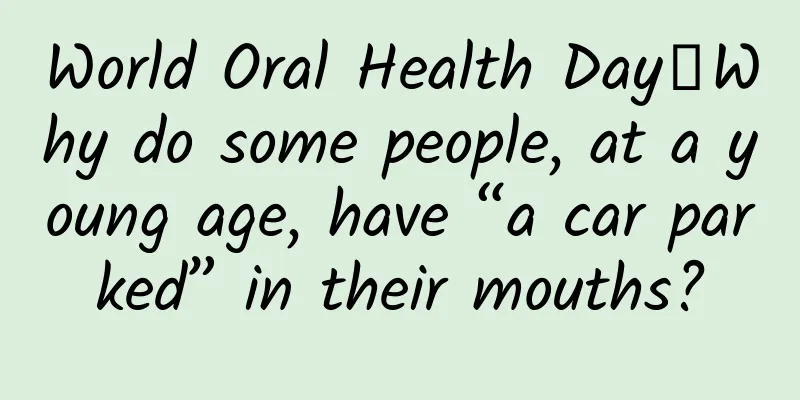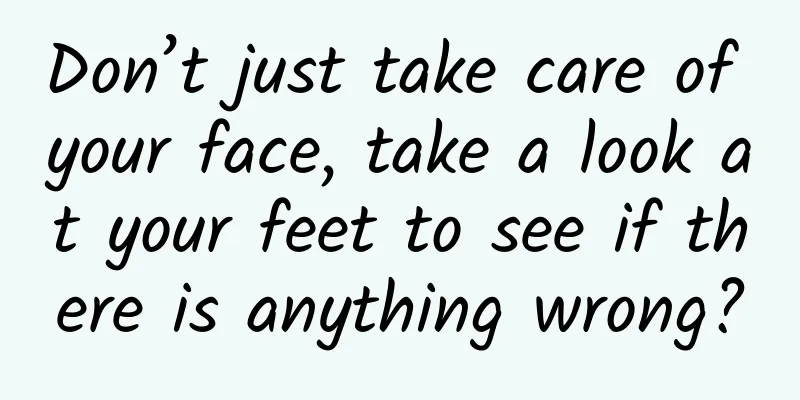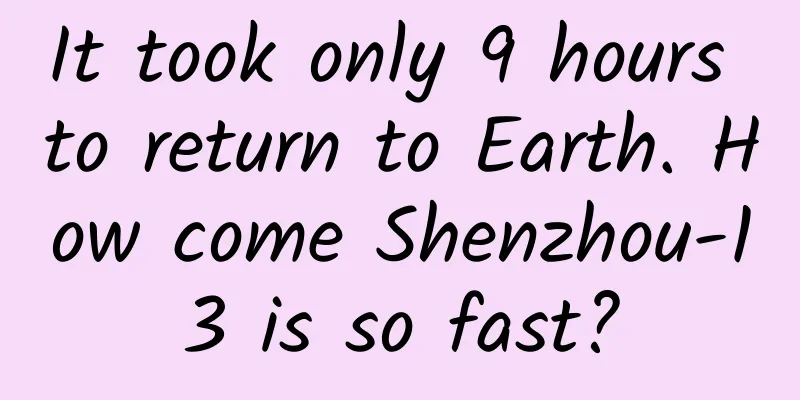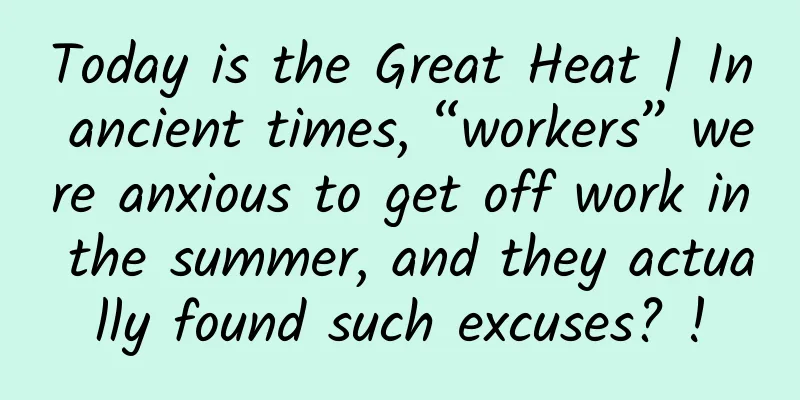Future Learners

|
introduction In 1971, Kevin Kelly dropped out of the University of Rhode Island after only one year. In November 2006, at Stanford University, Kevin Kelly recalled the first time he saw the Global Overview, saying that the book made him realize that "it turns out that you don't need to go to college." Stewart Brand's opening statement on the inside cover of each issue of the Global Overview was "... a private, personal power is developing, a personal power to receive education, find inspiration, shape the environment, and share your adventures with anyone interested." "The tools that can facilitate this process are what the Global Overview is looking for and promoting." The purpose of promoting the development of personal power makes the Global Overview provide a different way of learning. From this point of view, the identity of the learner is Builder, who solves problems for fun while building his own abilities and his own life. The purpose of this article is to try to portray a new image of people from the perspective of learners themselves. The modern school system is a product of the Planner's perspective However, seeking the development of personal power is not the original intention of the modern school system. Seth Godin explained it in his book "Inception" - "Large-scale education...was invented to quickly and massively produce workers that meet the requirements of the industrial system." Horace Mann's philosophy in designing public schools from the beginning was "cultivating character is as important as teaching 'reading, writing and arithmetic'. By instilling the concepts of obeying authority, attending school on time, and doing things according to the bell, students are laid the foundation for future employment." Educators who solve problems based on rules rather than starting from promoting the development of personal power are indeed typical planners. Similarly, the invention of the multiple-choice test in 1914 was only because there was an "urgent need for a temporary and efficient method to screen students and quickly assign them to suitable positions." Its inventor, Professor Frederick J. Kelly, said, "This is a low-intelligence test designed for ordinary people." "SAT, the most important screening tool for measuring teaching effectiveness, was designed based on Kelly's low-intelligence test (with almost no changes). And it remains the same today." Seth Godin continued to write, "Not because it can improve the quality of teaching, but because it can enable the education system to continuously and massively produce students in the simplest and most effective way." This has always been just out of Planner's needs. Observing those who have achieved success through different paths, observing those who are self-taught, should be inspiring to us. Steven Levy wrote in summarizing the hacker ethic, "Hackers should be judged by their skills, not by indicators that have no practical use, such as degrees, age, race, or position." Therefore, what we can really prove ourselves is what we have done by applying what we have learned, rather than those superficial degrees or certificates. Seth Godin said, "Many problems in universities are caused by a unified qualification certification system," and "Qualification certification is not the answer, but the crux." Our right to prove our ability should belong to ourselves, not the power space where those qualification certification agencies exist. Only those who truly achieve "self-transformation and transformation of all mankind" are destined to inspire more latecomers to join them in changing the world, and it is by no means the university's qualification certification that drives this process. Today, the Internet has brought some changes. From MIT's Open Course Ware project to various forms of MOOCs such as Coursera, Udacity, and edX, major educational institutions have chosen to open their educational resources and no longer restrict people's access to knowledge. Choosing to give up power is a positive start, although it is far from enough. Abandoning restrictions on the use of educational resources and loosening the outdated qualification certification system, what universities really need to do is to let go of the image of planners and take the initiative to serve learners' creation and communication like hacker spaces or incubators. Otherwise, the school system will eventually be replaced by the latter. After all, the freedom to learn lies with the learner himself. Learner as Builder Thomas Paine believes that all intellectual rights are natural rights. Individuals have both full rights and the ability to fully exercise these rights. For learning and education, all we have to do is to take this ability back into our own hands and use what we have learned until everything we do can produce real results. Paul Graham wrote at the end of "Why Nerds Are Unpopular", "It is also important for nerds to realize that school is not the whole of life... It is just a temporary process. As long as you look forward, you can surpass it, even if you are still in it now." "Nerds are not losers." Future learners are even less so. Based on the real world, future learning outcomes are destined to change the world for the better. In fact, Mr. Feynman has pointed out many examples of learning failure, such as "Greek scholars" - "They can recite Socrates' words by heart, but they have no idea that those Greek words have meanings." And his famous "stupid science". Giving real meaning to the knowledge learned, regarding such pragmatic thinking ability, Charlie Munger believes that "you can't expect everyone to master celestial mechanics to the same level as Laplace", but "you have to think in an interdisciplinary way" because "the best and most practical wisdom lies in basic knowledge." If you can combine what you have learned with the problems you actually encounter, gradually a network of knowledge and facts will form in your mind, and then wisdom will accumulate like a snowball. Munger specifically said that you "must connect the answer to a well-organized deep theory" and "connect what you read to the basic concepts that are proven." To explain Coca-Cola's huge achievement of growing from a $2 million start-up capital to $200 billion, Munger sought wisdom from the most basic knowledge, then broke down the problem to the most basic level, and then re-reasoned and combined the complete best answer. Elon Musk also explained a similar thinking framework in the process of creating new things in his speech. This kind of creation that truly drives the world forward is the best embodiment of the real effect of our learning. The Global Overview depicts the image of such a new kind of person: "He is a visionary with a global vision, a local actor with the ability to shape a larger world by shaping his surroundings." "He moves from one task to another, acquires information, and uses technical tools in an experimental way, ultimately to achieve progress for himself and society." On the other hand, it was the great men of the past who shaped the environment they were in that ultimately shaped the world we live in today. When Steve Jobs mentioned the Global Overview in his speech, he described it as "It's like the Bible of our generation." Later, Stewart Brand responded, "If I have the opportunity, I would like to test Jobs and ask him what he got from it." In fact, no matter what the answer is, Jobs has profoundly shaped our current world with his extraordinary image. For future learners, I think they will also promote the development of their own strength and shape their ideal life by depicting a different image of human beings, and ultimately drive the whole world forward. Learning as a “networked” activity "If we need an education that changes lives, we must hold universities to a higher standard." Similarly, an education that can develop personal talents into a better life will certainly hold learners to a higher standard. Looking at the overall changes of both parties, just like the market mechanism explained by the "invisible hand", self-study - this learning approach that starts completely from the individual, is precisely what can achieve the lofty goal that the large-scale institutionalized education system has always claimed but has always run counter to - replacing ignorance with wisdom, and truly teaching students in accordance with their aptitude based on the learners themselves. The question is, how can we do this just by ourselves? Howard Rheingold uses the book "Network Literacy" to explain that "the World Wide Web has become a tool for personal learning and rapid search for experts, and it is also a free, global resource library. It brings together facts, documents and media." In addition, based on the CC agreement, for learners, online educational resources are increasingly becoming completely non-exclusive and completely non-competitive, and a global educational public good (welfare) is taking shape. And as long as you know the relevant skills, a person can indeed "choose something specific and become its global authority...cover all the details and fully control this small field." While learning the knowledge they created, Munger suggested that we should also make friends with those great men who have passed away, and it is best to combine the relevant knowledge with the life and personality of those great men. Because, "I think if you become friends with Adam Smith, you will definitely learn economics better." This is much better than just learning some simple concepts. Similarly, for the knowledge and concepts that are currently being formed, we should learn to make friends with these living masters. We should actively mobilize our interpersonal relationships and social networks to practice this socialized learning network. In the book Hacking Your Education, Dale J. Stephens combines his own experience of self-education with real cases of a large number of self-taught people around him to introduce the details and techniques of the Hackademics method. By actively mobilizing our interpersonal relationships and social networks, we can follow the best and most interesting people as mentors; by consciously developing educational resources and incubating our own ideas, we can maintain a lifelong learning network and community with real value. I think this is the way for us to take the initiative to define and have a learning path that truly belongs to our own life and value. If one day, technology can really download knowledge directly into the brain, it will only mean that the traditional way of "teaching and learning" has completely died. It's just that we still need to use what's in our heads, and actively communicate and create, only in this way can we build the life network we want. Learning from the entire Internet is essentially such a "direct downloading" process. The only difference from the possible technical realization is that we need to actively cultivate our learning skills and network literacy. At the same time, it is this way of "learning and using" starting from the learners themselves that constantly inspires us to explore the world, discover interests, and create our own lives. If we ask what changes the Internet can really bring to learners, this kind of learning approach that focuses entirely on individuals is undoubtedly more direct and effective than what the traditional large-scale institutionalized education system can provide. However, for relatively professional industries such as medicine, law, and pilots, more rigorous training procedures should still be necessary after we have a good understanding of these fields. The “New Frontier” for Learners In 415 AD, even in the darkest and most brutal era of religious fanaticism, Hypatia still had hope - hope for the people of the future. Finally, mankind ushered in the Renaissance and the Age of Exploration, followed by the Enlightenment, and experienced the Industrial Revolution and finally began the current global information civilization... On the one hand, humans do kill each other and even ensure mutual destruction; on the other hand, the shining stars of mankind will continue to create new miracles to promote the evolution of the entire civilization process. In 1963, Fuller described the image of such an "integrated designer" in his book Thought and Integration: "If mankind will continue its complex pattern of success in the evolution of the universe, it is because, in the next few decades, we will witness the realization of the optimal design by a comprehensive figure of artist and scientist who will turn all human talents and all human technology from killing to survival - this applies to all mankind." Therefore, the learner facing the future will definitely not be the image defined by the outdated school system. He can fully develop his personal strength and effectively tap into various educational resources around him for self-education; he is good at mobilizing interpersonal communities and social networks, seeking mentors and incubating his own ideas; he only hangs out in hacker spaces, incubators or some kind of venues, rather than the leisurely university campus... In the end, he has learned the best courses, participated in real projects, polished effective skills and ideas, and finally created something with real meaning. This is helpful to the entire technological civilization. Admittedly, this kind of learning is more difficult than attending lectures step by step. "We choose to go to the moon. We choose to go to the moon in this decade and do the other things, not because they are easy, but because they are hard..." Kennedy explained the moon landing project at Rice University in 1962. And, Mahatma Gandhi taught us, "We need to be the change we wish to see in the world." Further Reading The combination of education issues and social systems is a very large topic. With the popularity of online education in recent years, people have been discussing how to subvert this outdated education system. However, the starting point of this article is not the entire system design from the perspective of Planner, but respecting the independent intelligence and ability of individuals, and adopting a bottom-up approach to build learners' own independent learning networks. Of course, these are not new ideas. I just connect several fields I have been exposed to and make a brief introduction. If you want to study it in depth, you still need to read more. As shown below, I maintain some of the following materials. You are welcome to recommend more valuable resources. Unschooler Hacking Your Education, author Dale J. Stephens, as an Unschooler, TED speaker, and Thiel Fellow, the purpose of this book is to break the idea that only college can lead to success, and provide practical learning skills for young entrepreneurs. You can find a group of like-minded people on the website he founded http://www.uncollege.org. "Stay Hungry. Stay Foolish." The official website collects the main content of 34 issues of Whole Earth Overview, and also collects other global series publications such as Co-evolution, Global Review, and Global Software Review. http://www.wholeearth.com/index.php "Hackers: Heroes of the Computer Revolution" is a foundational work on hacker culture and ethics. Steven Levy traces the tradition and history of hackers, tells the life and stories of hackers, summarizes the technical miracles created by hackers, and summarizes hacker culture and ethics. http://www.stevenlevy.com/index.php/books/hackers As a winner of Toutiao's Qingyun Plan and Baijiahao's Bai+ Plan, the 2019 Baidu Digital Author of the Year, the Baijiahao's Most Popular Author in the Technology Field, the 2019 Sogou Technology and Culture Author, and the 2021 Baijiahao Quarterly Influential Creator, he has won many awards, including the 2013 Sohu Best Industry Media Person, the 2015 China New Media Entrepreneurship Competition Beijing Third Place, the 2015 Guangmang Experience Award, the 2015 China New Media Entrepreneurship Competition Finals Third Place, and the 2018 Baidu Dynamic Annual Powerful Celebrity. |
<<: After reading "Offline", review "1024"
>>: What kind of new world will smart fashion open up?
Recommend
Taking WeChat Reading as an example: 3 steps to effectively implement user growth strategy!
Nowadays, the work of product and operation is be...
How do whitening cosmetics make you whiter? Are there any safety risks when using them?
As the saying goes, "a white complexion hide...
The reason why the "face plate" has become bigger has been found! (It's not because of obesity)
In daily life, have you ever felt snapping or dis...
At the moment of Tianzhou launch, let’s see which “delivery guy” has the coolest soaring pose?
May 10 Tianzhou-4 cargo spacecraft rushes into sp...
Unprecedented! Another major discovery in Sanxingdui
June 13 Sanxingdui is "updated" again A...
Kaola.com Product Analysis
Kaola.com (formerly known as NetEase Kaola) is an...
How difficult is it for this robotic hand to pick up an egg?
It can crush a can when it needs strength, and it...
GSMA: 2021 Asia Pacific Digital Society Report
GSMA has released the "2021 Asia Pacific Dig...
WeChat has a major update, and the information flow war continues to escalate!
From pictures and texts to live broadcasts , the ...
What are the ways to promote Xiaohongshu?
When it comes to Xiaohongshu’s promotion methods,...
How much does it cost to develop a large turntable mini program on the market in Jiaxing?
WeChat Mini Program is an application that users ...
The current status of short videos on Tik Tok and a guide to advertising
1. Current status of Tik Tok short videos In toda...
Let the data speak for itself: What will be the next phenomenal APP?
The explosion of WeChat public accounts has broug...
Polaris "Short Video Operation Practice Class" 0-1 systematic teaching, teach you how to play Douyin
Polaris "Short Video Operation Practice Clas...
Inventory of 18 operational strategies for online education!
The epidemic at the beginning of last year caused...









